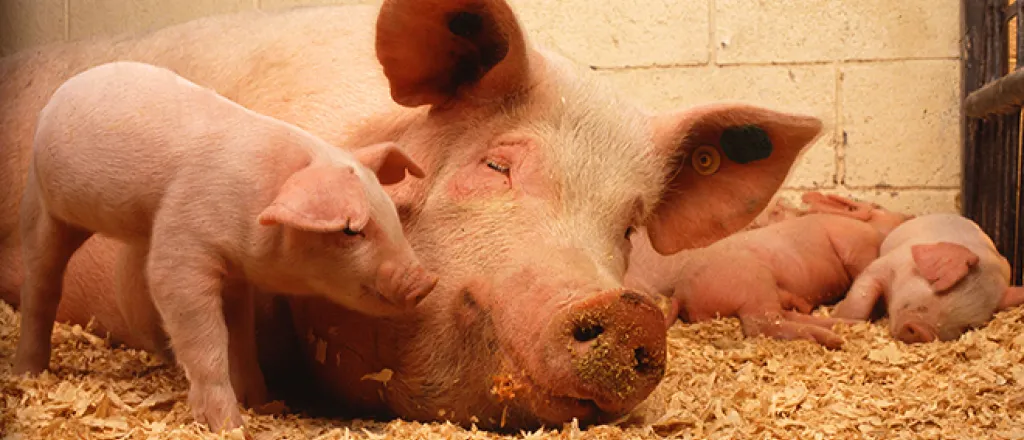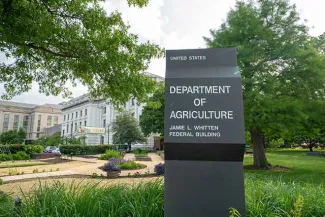
Minnesota family farm groups blast conservation incentives for industrial ag
(Minnesota News Connection) Minnesota has been in the headlines over nitrate levels in drinking water and some conservation groups argued industrial farms are being given too many federal incentives to maintain operations, creating more environmental concerns.
Nearly 200 groups have sent a letter to U.S. Agriculture Secretary Tom Vilsack, opposing the U.S. Department of Agriculture's decision to allow factory farms to qualify for climate-smart conservation payments using Inflation Reduction Act funding.
Sean Carroll, policy and organizing director for the Minnesota-based Land Stewardship Project, suggests it would only allow Concentrated Animal Feeding Operations to proliferate without having to fully confront their emissions.
"They should be responsible for that," Carroll asserted. "The public shouldn't be paying them to do it."
In the meantime, he pointed out farming communities bear the brunt of air and water pollution from the operations, while the companies continue to dominate ag markets. The USDA did not respond to a request for comment.
Separately, the federal Environmental Protection Agency has called on Minnesota to be more aggressive in blocking nitrates from entering water sources in southeastern counties.
Those who pushed for EPA action cited the permitting process for large livestock facilities. Meanwhile, Carroll said popular USDA conservation aid programs need to prioritize smaller producers who have shown a willingness to curb farm emissions and protect soil health.
"People that are applying for real environmental quality practices on our land are being denied," Carroll noted.
He pointed to recent reports from the Institute for Agriculture and Trade Policy, which showed the USDA still rejects more than three in four farmers' applications to the Conservation Stewardship Program, despite some progress seen in 2022.

© iStock - Melissa Kopka
Large livestock operations said they are responding to a rising demand for safely grown meat and are constantly working to modernize their environmental practices.Minnesota has been in the headlines over nitrate levels in drinking water and some conservation groups argued industrial farms are being given too many federal incentives to maintain operations, creating more environmental concerns.
Nearly 200 groups have sent a letter to U.S. Agriculture Secretary Tom Vilsack, opposing the U.S. Department of Agriculture's decision to allow factory farms to qualify for climate-smart conservation payments using Inflation Reduction Act funding.
Sean Carroll, policy and organizing director for the Minnesota-based Land Stewardship Project, suggests it would only allow Concentrated Animal Feeding Operations to proliferate without having to fully confront their emissions.

© iStock - denizbayram
"They should be responsible for that," Carroll asserted. "The public shouldn't be paying them to do it."
In the meantime, he pointed out farming communities bear the brunt of air and water pollution from the operations, while the companies continue to dominate ag markets. The USDA did not respond to a request for comment.
Separately, the federal Environmental Protection Agency has called on Minnesota to be more aggressive in blocking nitrates from entering water sources in southeastern counties.
Those who pushed for EPA action cited the permitting process for large livestock facilities. Meanwhile, Carroll said popular USDA conservation aid programs need to prioritize smaller producers who have shown a willingness to curb farm emissions and protect soil health.
"People that are applying for real environmental quality practices on our land are being denied," Carroll noted.
He pointed to recent reports from the Institute for Agriculture and Trade Policy, which showed the USDA still rejects more than three in four farmers' applications to the Conservation Stewardship Program, despite some progress seen in 2022.
Large livestock operations said they are responding to a rising demand for safely grown meat and are constantly working to modernize their environmental practices.
















